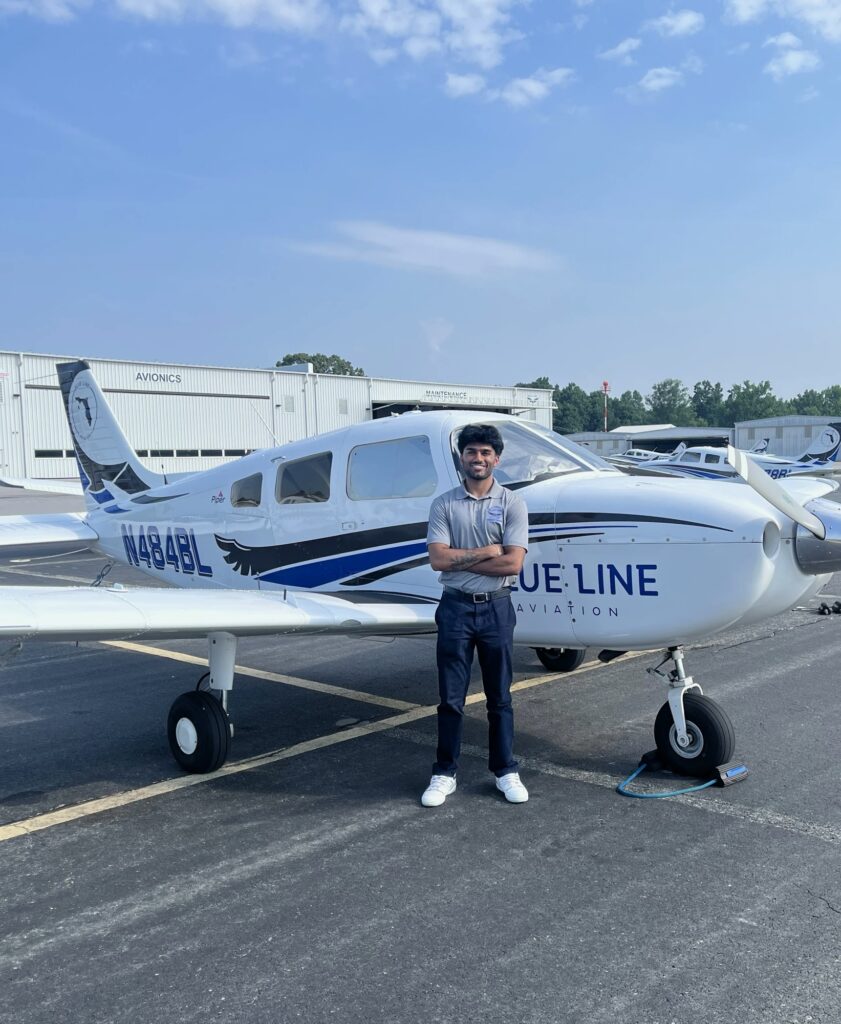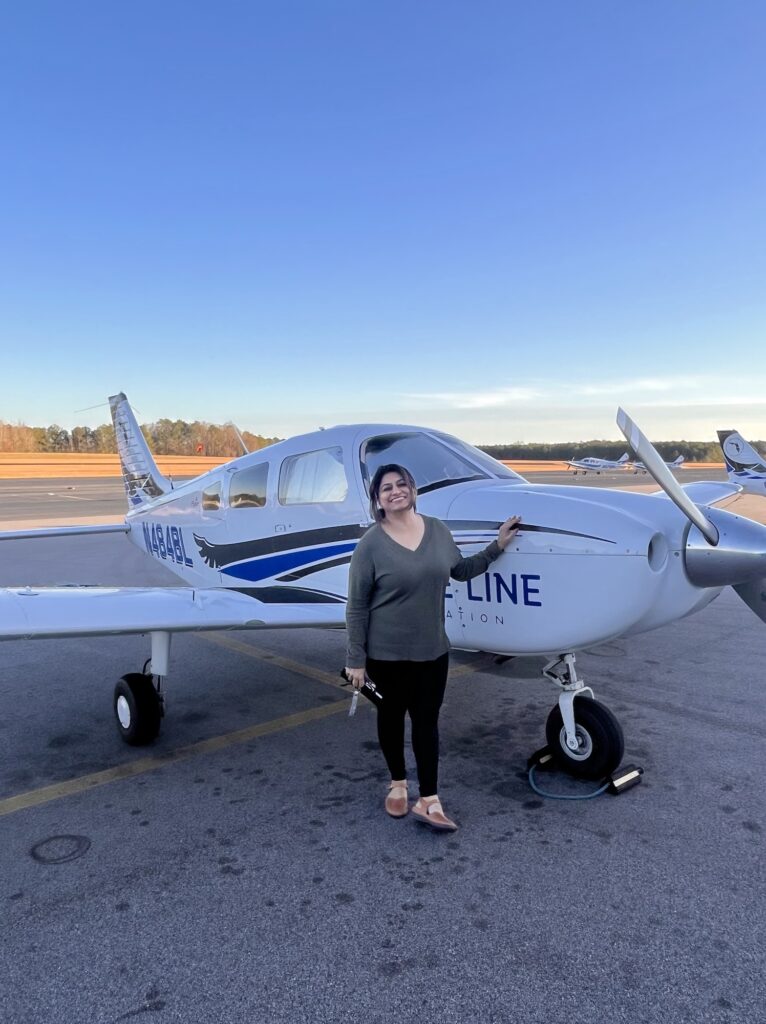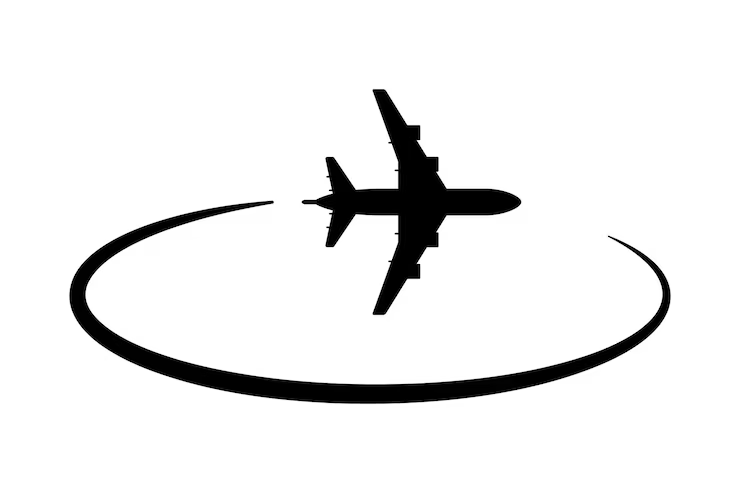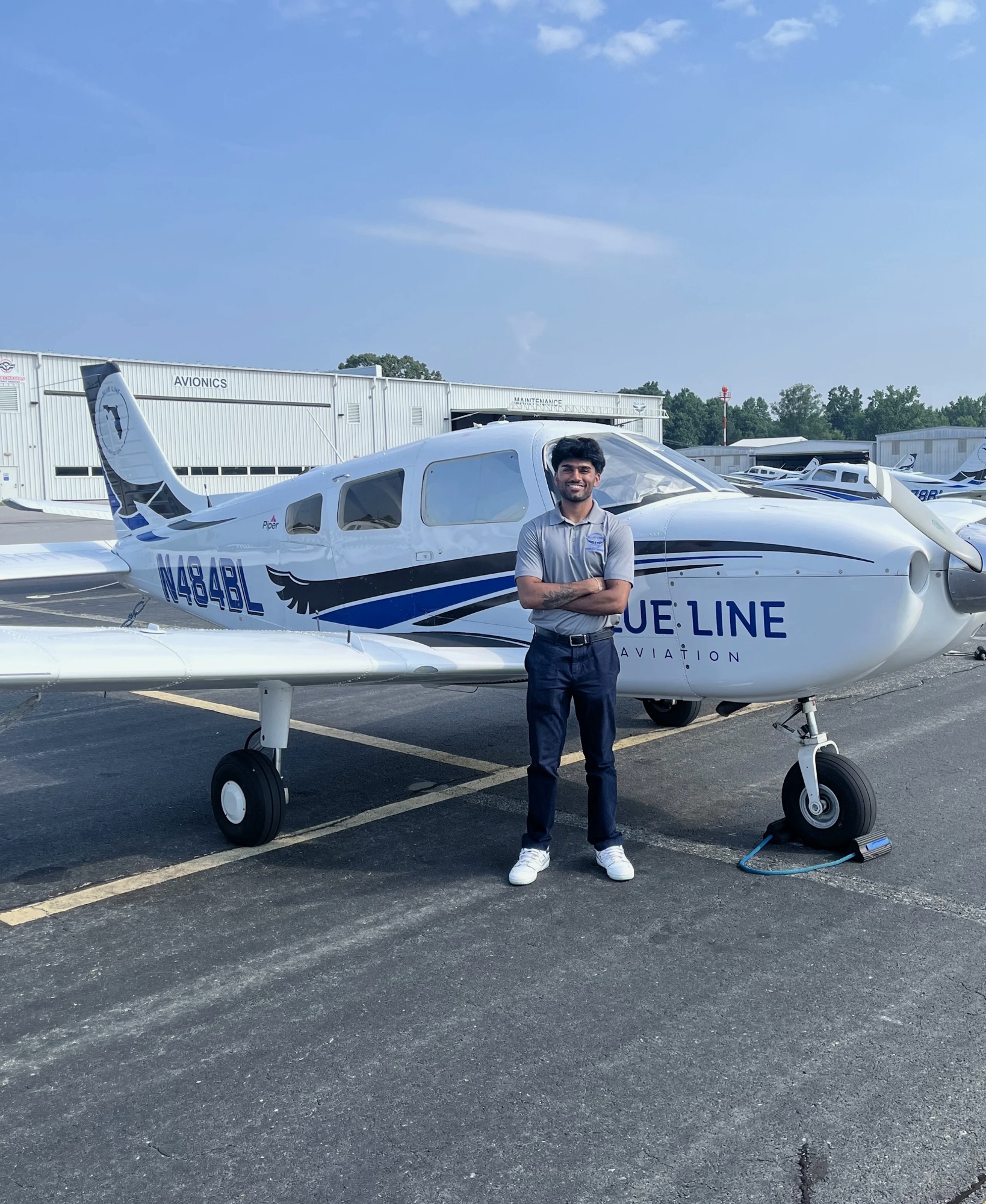Let The New Begin
Coming into my new flight school, I felt confident. I already had 60 flight hours from a Part 61 program — the fundamentals were there. I still knew how to fly, or at least I thought I did. But I was expected to be ready for my first solo within just a few weeks of starting, and after a six-month break, that pressure hit quick.
The rust was real. I had to relearn things I assumed would come right back. Some things came easier than others, but landings humbled me fast. Maneuvers were shaky too. The pace at this Part 141 school was more intense — and it showed.
The differences between these two programs became obvious immediately— and not just in the pace. From structure to flexibility, there’s a lot to compare. I’ll be diving into my full breakdown of Part 61 vs Part 141 in an upcoming post.
Reality Check
When it came time for my mock pre-solo evaluation, I bombed. My nerves got the best of me. I struggled with maintaining slow flight and performing stalls, which rattled my confidence early. Then, during the lesson where I was supposed to go back and enter the traffic pattern, I completely got lost returning to the airport.
The map didn’t help me, I had no visual checkpoints in sight, and I couldn’t even make a proper radio call to announce my intentions— I didn’t know where I was. On top of that, I wasn’t sure how to enter the pattern, and when I finally did, I blew both approaches. We were supposed to do five laps in the pattern with five landings, but we only made it through two — and I had to go around on both. The check instructor cut the flight for incompletion after that.
But what stuck with me more than the failure was the post-flight debrief. My check instructor didn’t tear me down. He was encouraging, patient, and focused on making me a better pilot. He helped me identify exactly what went wrong and how to prevent it from happening again. I was still frustrated, but now I had a path forward.

Rebuilding
That weekend, I couldn’t let it go. I practiced traffic pattern entries nonstop — chair flying, watching videos, sketching them out. I also took a nap hoping to reset my brain… only to wake up from a dream about getting lost again.
That night, though, I spent time with some close friends and my sister. It was simple, but it helped reset my energy. I went back to training feeling more grounded and prepared.
In the next lesson, I flew the same scenario again and showed improvement. My instructor helped me visualize how to find my way back, and this time, it clicked. My approaches were smooth, landings solid. The confidence was coming back.
Redemption
Then came the real deal: my official pre-solo eval with the academy lead.
The ground portion went smoothly, with only a couple of minor mistakes. Despite a hot cockpit with inoperable air vents and a second instructor riding along, I stayed focused. Stalls were smooth, steep turns went well, and the instructor’s tip on holding altitude during the turns made a big difference. This time, I found my way back to the airport and entered the pattern with no issues.
I made five landings — four were solid. The short-field power-off 180 still needed work, but overall, the flight felt strong. After the last landing, the instructor had me give a self-debrief. I was honest: I did well, but there was still more to grow into. He agreed… and cleared me for my first solo the next day.
First Solo Day
I came in the next morning, confident and excited.
Preflight. Startup. Taxi. Run-up. Everything felt sharp, focused. I flew two warm-up laps with my instructor — smooth approaches, controlled landings. We taxied back then I shut the plane down, and my instructor hopped out.
Then it was just me.
Within an instant, my heart was racing. My stomach dropped. I wasn’t scared — just dialed in. This was my first time flying alone. No instructor. No fallback. Just me and the sky.
“Johnston traffic, Archer 484 Bravo Lima departing runway 21, left-close traffic, student pilot solo. Johnston.”
I rolled onto the runway.
“Full power… engine instruments are in the green… airspeed’s alive…”
“Applying back pressure… rotating at 60 knots…”
“Welcome to the sky.”
The pattern felt fast. Everything was happening quicker than usual, but I stayed ahead of the plane.
Turning downwind. Abeam the touchdown point. Reduce power. First notch of flaps, begin descent. Left base. Second notch. Adjust. Turn final.
“Johnston traffic, Archer 484 Bravo Lima turning final runway 21, student pilot solo. Johnston.”
In what felt like just a few seconds, I was over the runway numbers. Power to idle. I held it in ground effect… let the plane settle on its own.
Main wheels touched down. I made it.

Confidence in Motion
Relief hit instantly. I’d done it — flown and landed an airplane by myself. And I was ready to go again.
I cleared the runway, taxied back, and caught my instructor’s thumbs-up from the ramp. Lined up. Took off. Did another lap. Then another.
The landings weren’t all butter, but they were mine. And each time, I brought the plane back safely. I proved to myself I could do it.
Final Thoughts
Flying solo isn’t just about handling the airplane — it’s about trusting yourself. It’s stepping into something you’ve only trained for and believing you’re ready. Even when your heart’s pounding, your palms are sweating, and your thoughts are racing — you make it work.



Leave a Reply